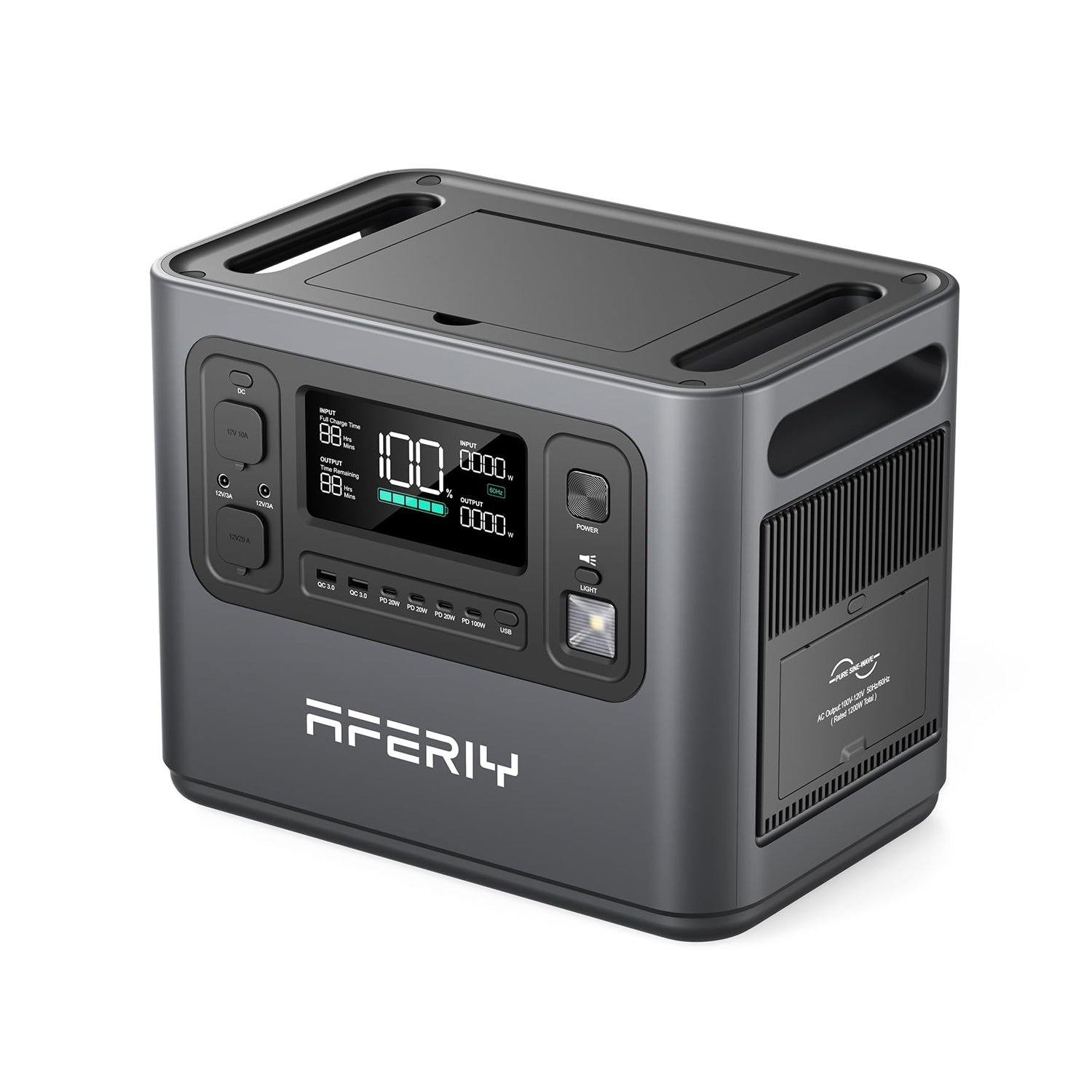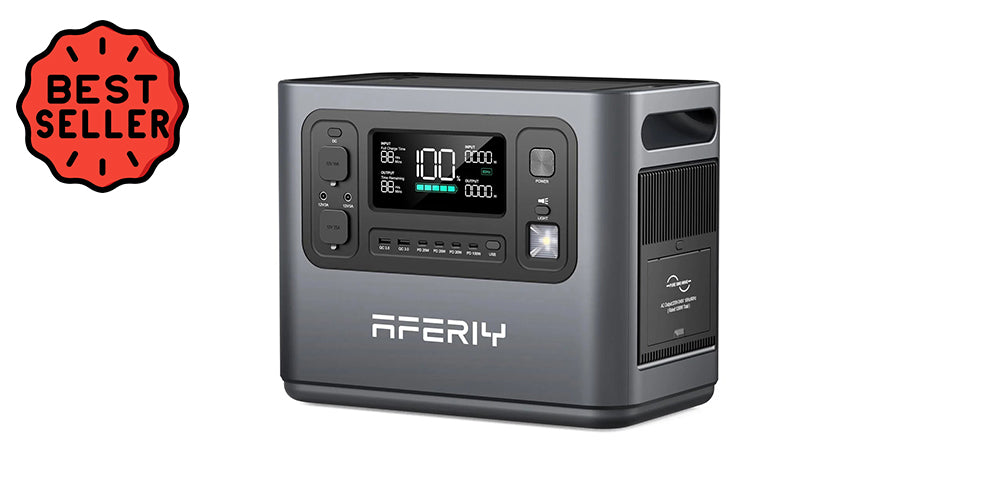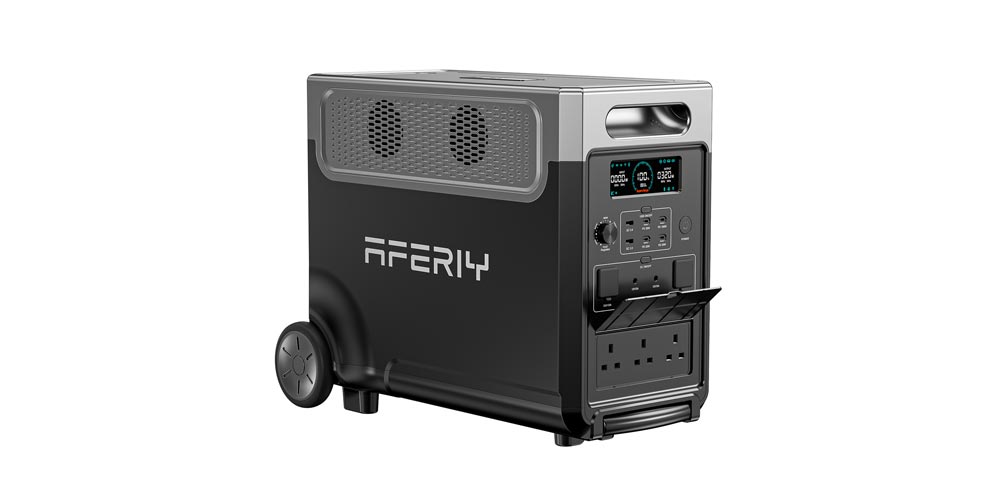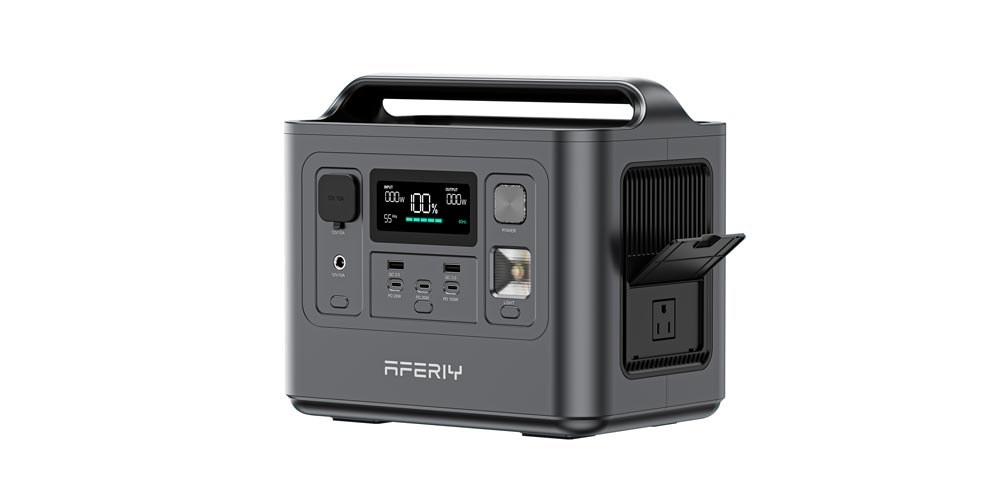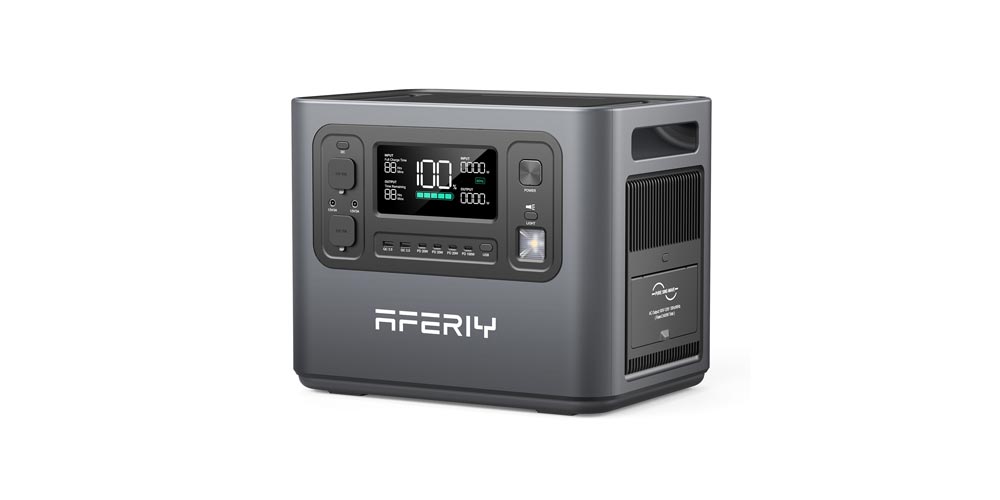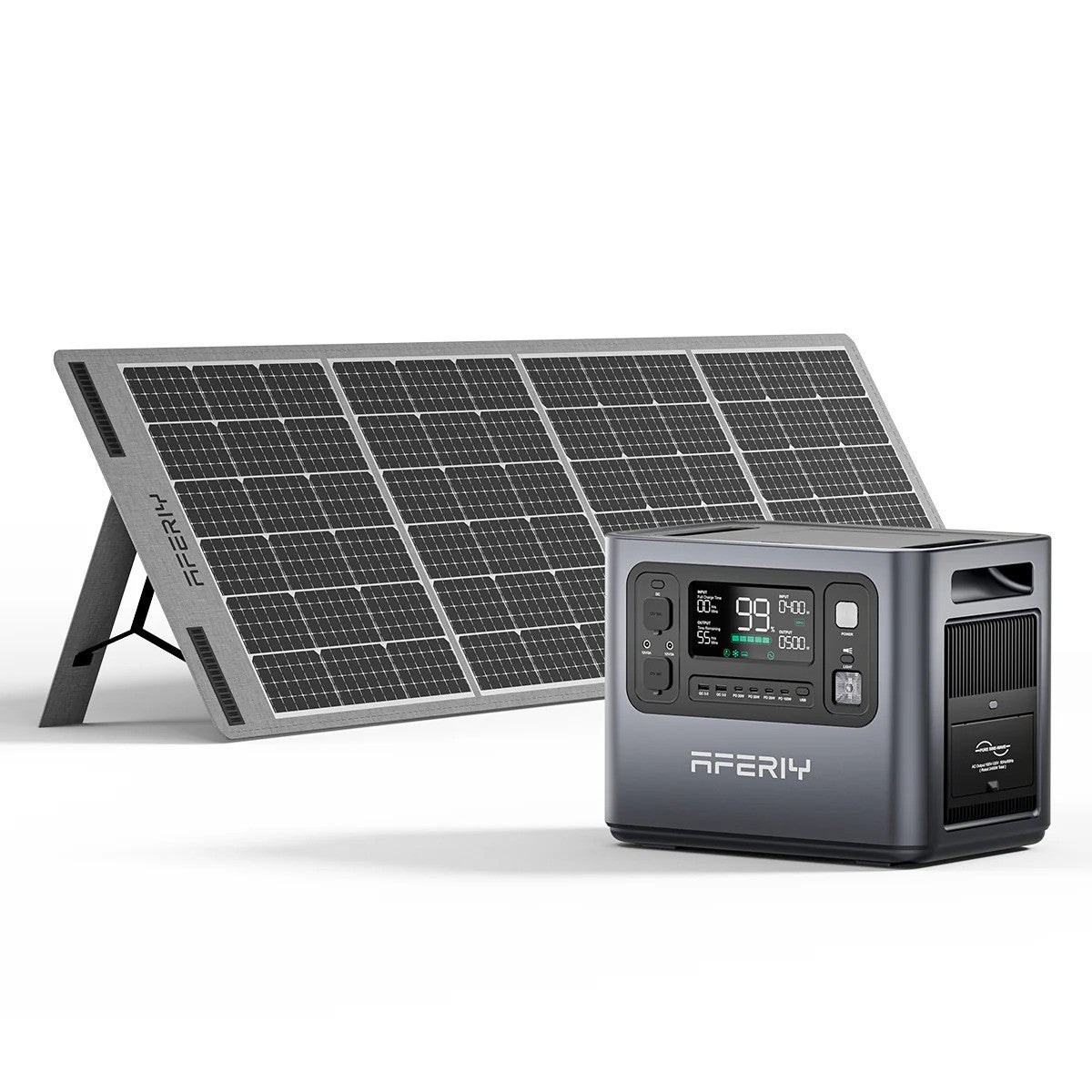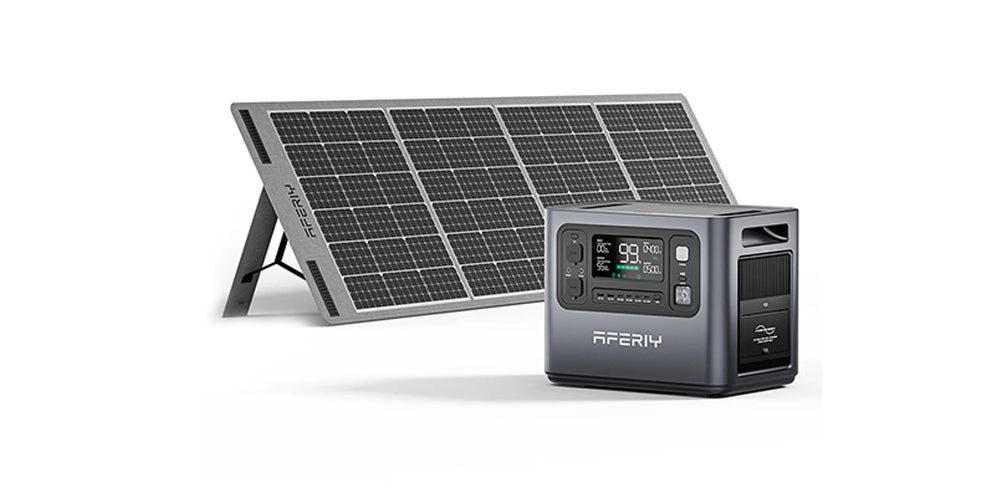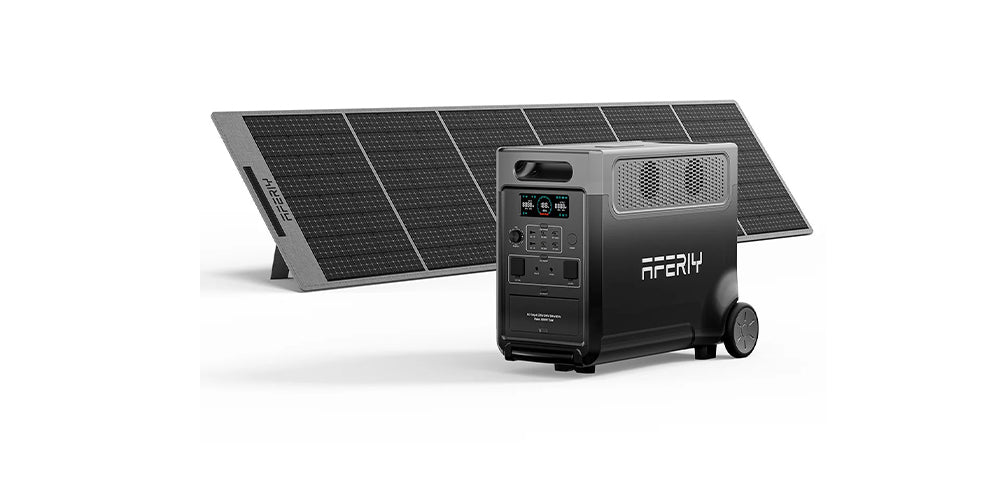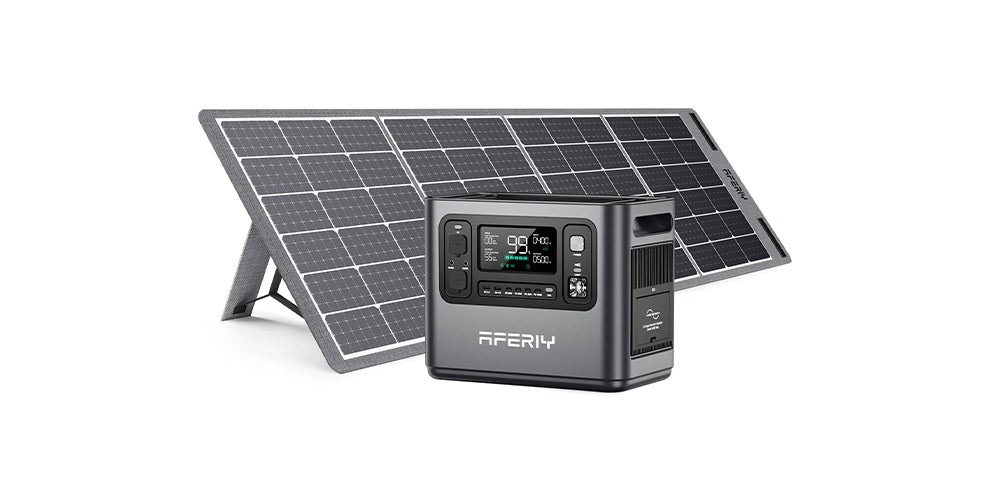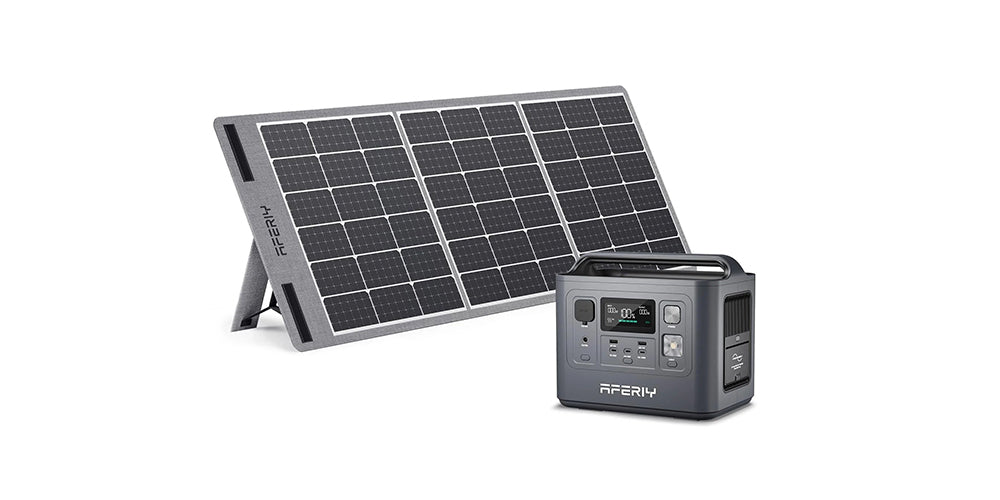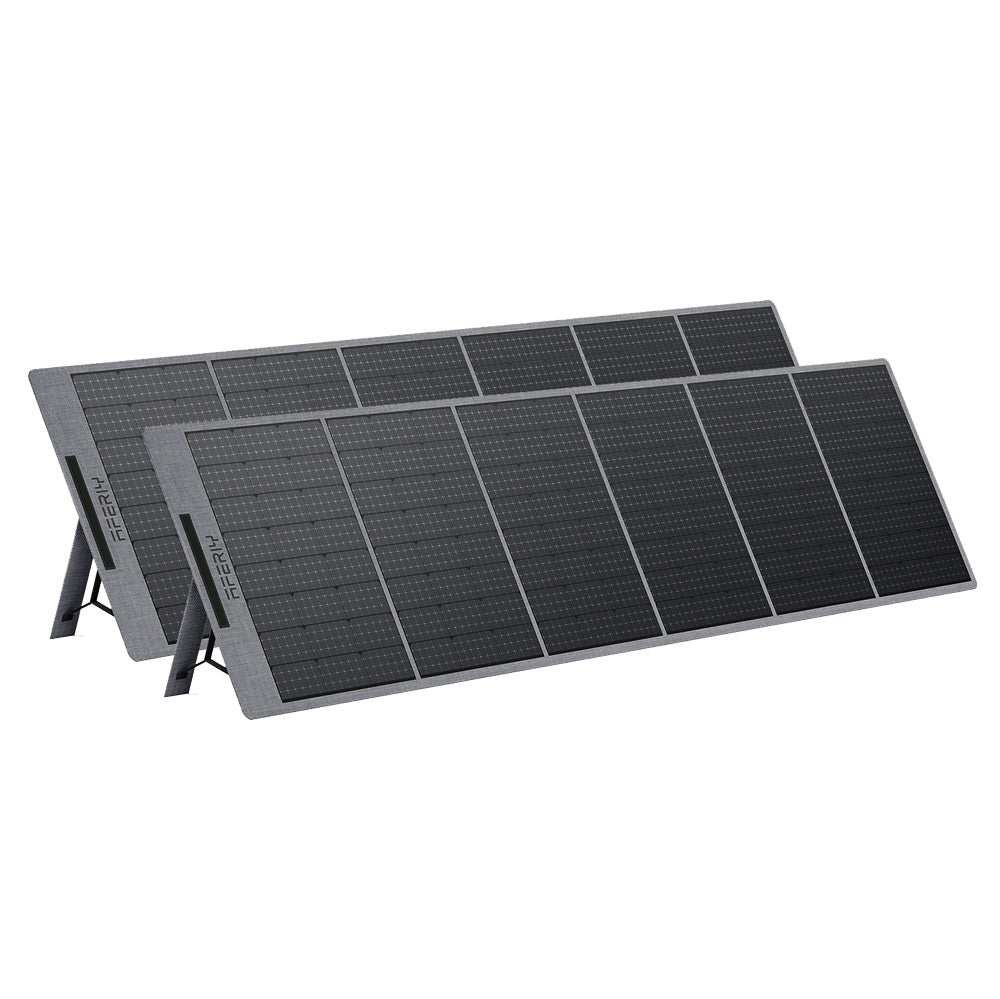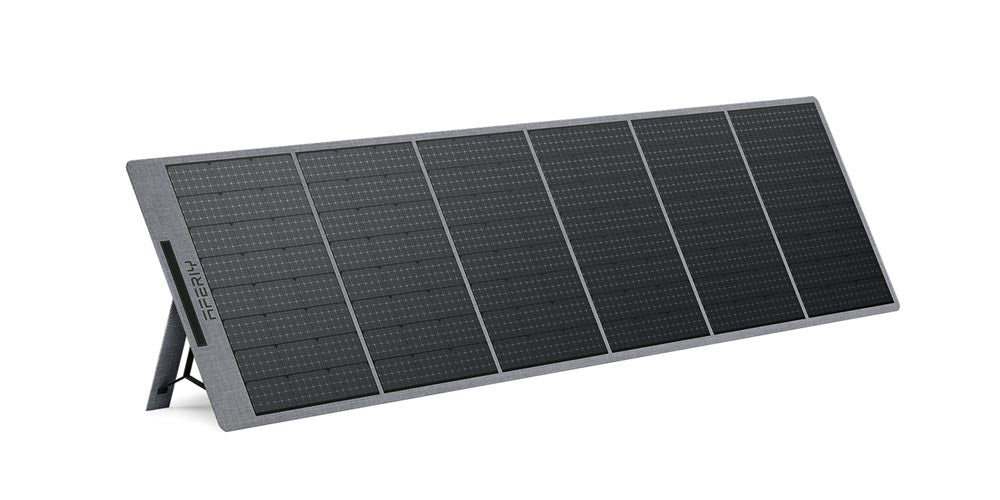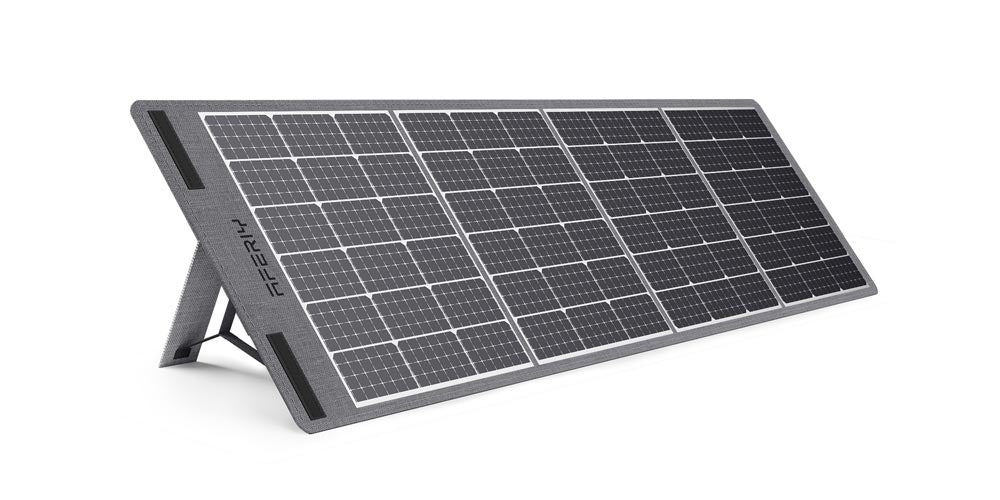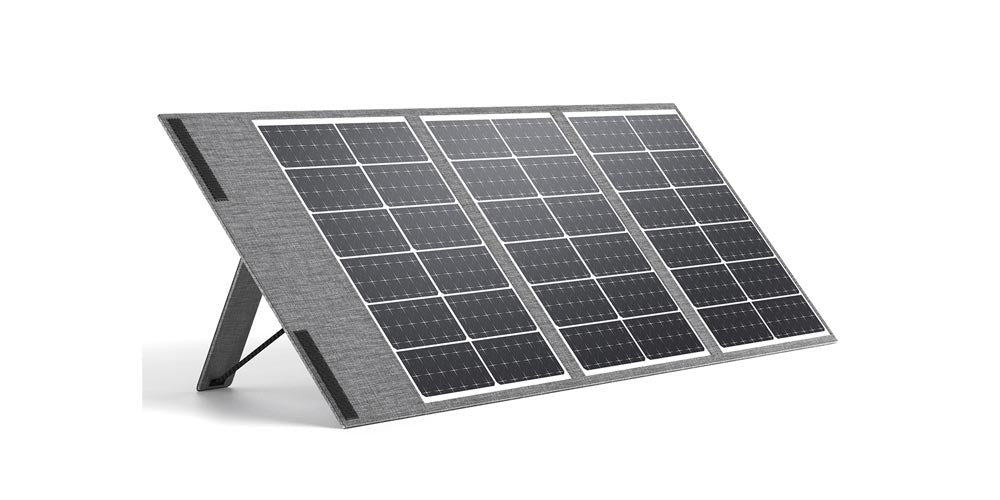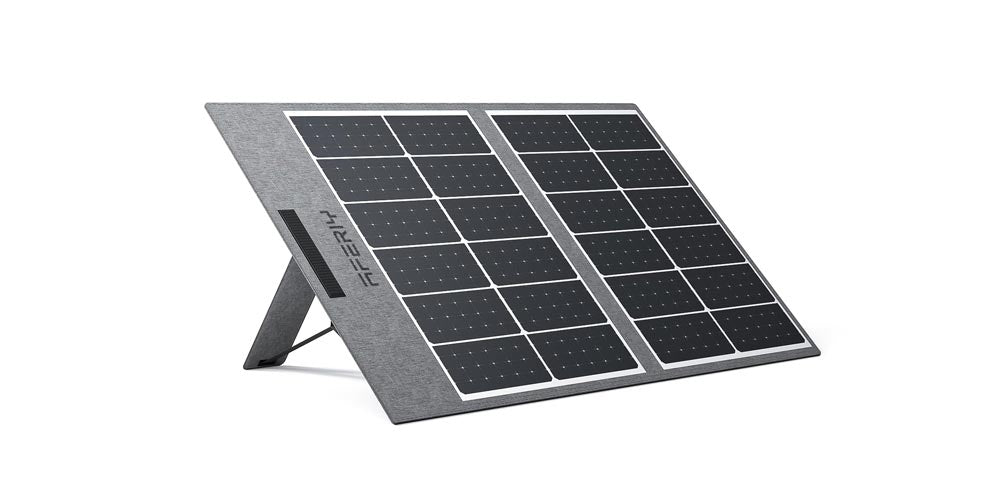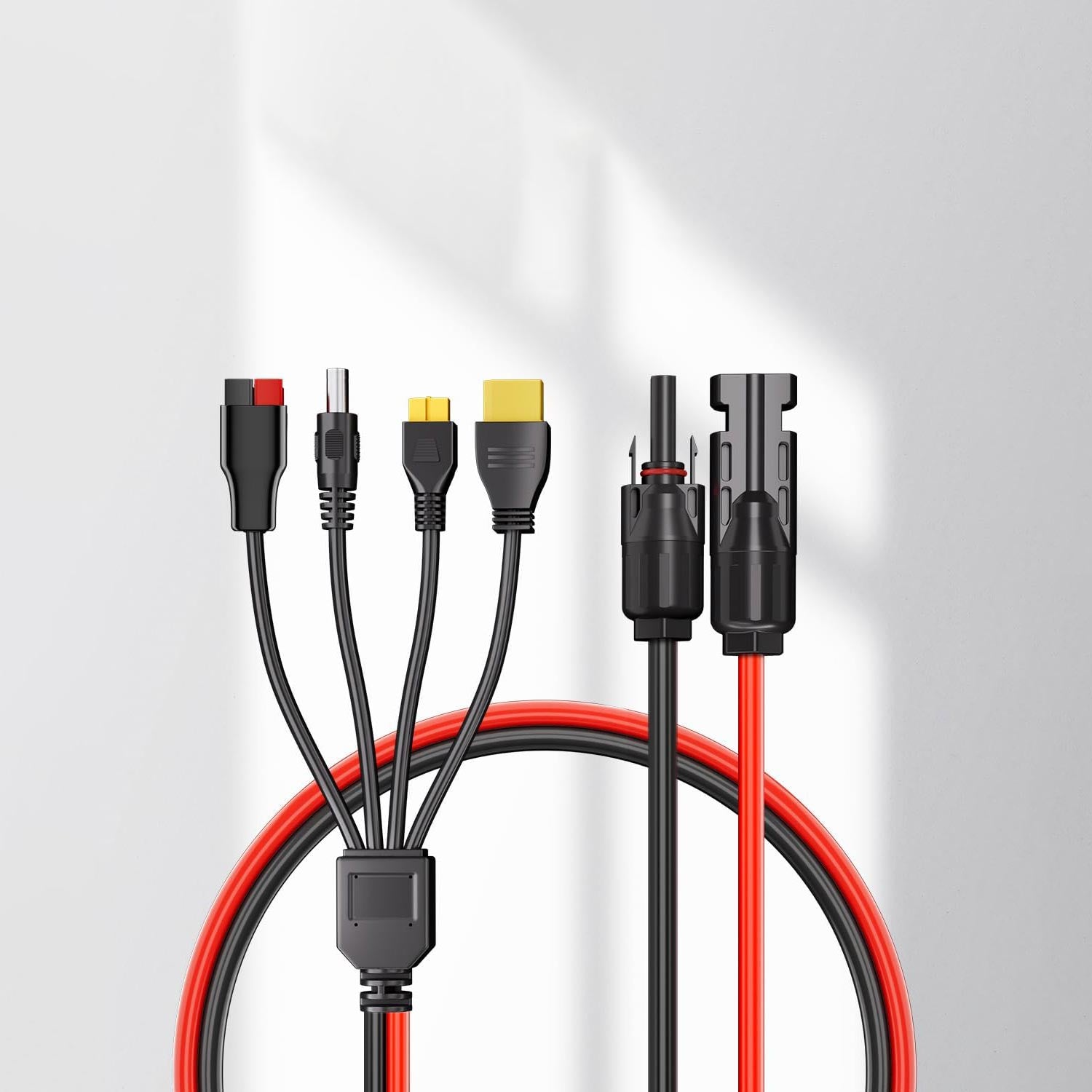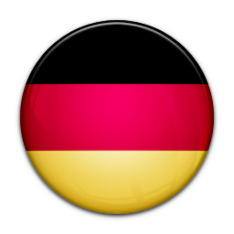Joule to watt: how to convert easily?
Energy and power are key concepts in electrical engineering—and in everyday life. Yet, understanding how to measure them and how they relate to each other can be tricky. Whether you're managing your household electricity usage, choosing energy-efficient devices, or working in a technical field, it’s essential to grasp the relationship between joules and watts.
In this article, we’ll explain what joules and watts represent, how to convert joules to watt-hours, and why this knowledge is important for consumers, technicians, and anyone interested in energy efficiency.
1. What Are Joules and Watts?
What is a Joule?
The joule (J) is the SI (International System) unit of energy. One joule is the amount of energy used when a force of one newton moves an object one metre. It also represents the energy dissipated when a current of 1 ampere passes through a resistance of 1 ohm for 1 second.
Formula:
1 J = 1 N·m = 1 kg·m²/s²
What is a Watt?
A watt (W) is a unit of power, and it equals 1 joule per second:
1 W = 1 J/s
So, a 400-watt solar panel generates 400 joules of energy every second (under ideal sunlight conditions). This illustrates how power (watts) measures the rate of energy usage or production.
What is a Watt-Hour?
A watt-hour (Wh) is a unit of energy equal to one watt of power used over one hour:
1 Wh = 3600 joules
2. Why Convert Joules to Watt-Hours?
To Understand Your Electricity Consumption
In the UK, electricity bills are based on kilowatt-hours (kWh)—so being able to convert between joules and watt-hours helps you understand what you're paying for.
For example, if a device uses 3,600 joules in one hour, that's the same as consuming 1 Wh. Understanding this conversion allows you to estimate energy use and costs more accurately.
To Evaluate Energy Efficiency
When comparing devices or systems—such as solar panels or portable power stations—you often need to convert energy figures between joules and watt-hours. Efficient appliances will perform the same task using fewer watt-hours, saving money and reducing environmental impact.
To Make Smarter Buying Decisions
From smart home appliances to power banks, knowing how many watt-hours or joules are involved helps you compare options. If a battery shows “72,000 J”, you’ll want to convert that into Wh (72,000 ÷ 3600 = 20 Wh) to understand how long it can run a 20W device (about 1 hour).
3. How to Convert Joules to Watt-Hours (J → Wh)
The Simple Formula:
Watt-hours (Wh) = Joules (J) ÷ 3600
Conversion Examples:
200 joules to Wh:
200 ÷ 3600 = 0.0556 Wh
1000 watts for 1 hour:
1000 × 3600 = 3,600,000 J
1 joule in Wh:
1 J = 0.000278 Wh
1 terajoule (TJ) to Wh:
1 TJ = 1,000,000,000,000 J = 277,777,778 Wh
4. Joules to Watts and Vice Versa
To convert joules to watts (i.e. power), you need to include time in seconds:W = J ÷ time (in seconds)
Example:
200 J used over 10 seconds = 200 ÷ 10 = 20 W
To go from watts to joules:J = W × time (in seconds)
Example:
500 W for 10 seconds = 500 × 10 = 5000 J
5. Conversion Tables
Joules to Watt-Hours:
| Joules (J) | Watt-hours (Wh) |
|---|---|
| 1 J | 0.000278 Wh |
| 10 J | 0.002778 Wh |
| 100 J | 0.027778 Wh |
| 500 J | 0.138889 Wh |
| 1,000 J | 0.277778 Wh |
| 10,000 J | 2.7778 Wh |
| 1,000,000 J | 277.78 Wh |
Watts to Joules per Second:
| Power (W) | Energy per second (J/s) |
|---|---|
| 1 W | 1 J/s |
| 100 W | 100 J/s |
| 500 W | 500 J/s |
6. Real-World Applications in the UK
Everyday Devices
For everyday use, converting between J and Wh helps estimate how long devices will run.
Example: A 72,000 J battery = 20 Wh
A 20W device would last about 1 hour.
Portable Power Stations
More UK households are adopting solar generators and portable battery stations. Understanding energy storage in Wh helps consumers compare models intelligently and manage off-grid energy systems.
Smart Energy Management
Smart meters in UK homes display electricity consumption in kWh. If a device states energy in joules (like fitness trackers or some engineering equipment), you’ll need to convert that to kWh for better budgeting and understanding.
7. Common Unit Conversions
| Energy | Joules (J) | Wh | kWh |
|---|---|---|---|
| 1 Wh | 3,600 J | 1 Wh | 0.001 kWh |
| 1 kWh | 3,600,000 J | 1,000 Wh | 1 kWh |
| 240 Wh | 864,000 J | 240 Wh | 0.24 kWh |
Tip: Always compare batteries using Wh or kWh—not just mAh or joules.
8. Why This Matters for the UK’s Energy Transition
Understanding energy units like joules, watt-hours, and kilowatt-hours helps UK consumers:
- Make better energy-saving decisions
- Choose greener, more efficient technologies
- Track electricity usage accurately
- Compare battery capacity across brands and formats
As the UK accelerates toward renewable energy and smarter grid systems, being energy-literate is more important than ever.
9. Summary Table: Conversion Between Joules ⇄ Wh ⇄ kWh
| Energy | In Joules (J) | In Wh | In kWh |
|---|---|---|---|
| 1 Wh | 3,600 J | 1 Wh | 0.001 kWh |
| 1 kWh | 3,600,000 J | 1000 Wh | 1 kWh |
| 1,000,000 J | 1,000,000 J | 277.78 Wh | 0.278 kWh |
10. FAQs
Q: How many joules in a watt?
A: 1 watt = 1 joule per second.
Q: Is 1 joule the same as 1 Wh?
A: No.
1 joule = 0.000278 Wh
1 Wh = 3,600 J
Q: How many joules are in 1000 watts for one hour?
A: 1000 W × 3600 seconds = 3,600,000 joules
Q: How to convert J to W?
Divide energy in joules by the time in seconds:
W = J / seconds
Q: How many joules in 500 watts over one hour?
500 × 3600 = 1,800,000 J
11. Final Thoughts
Whether you’re checking your energy bill, comparing solar generators, or just curious about how electricity works, understanding how to convert joules to watt-hours is a valuable tool.
This knowledge empowers UK households to reduce energy waste, compare product performance, and move confidently toward a more energy-efficient lifestyle.
